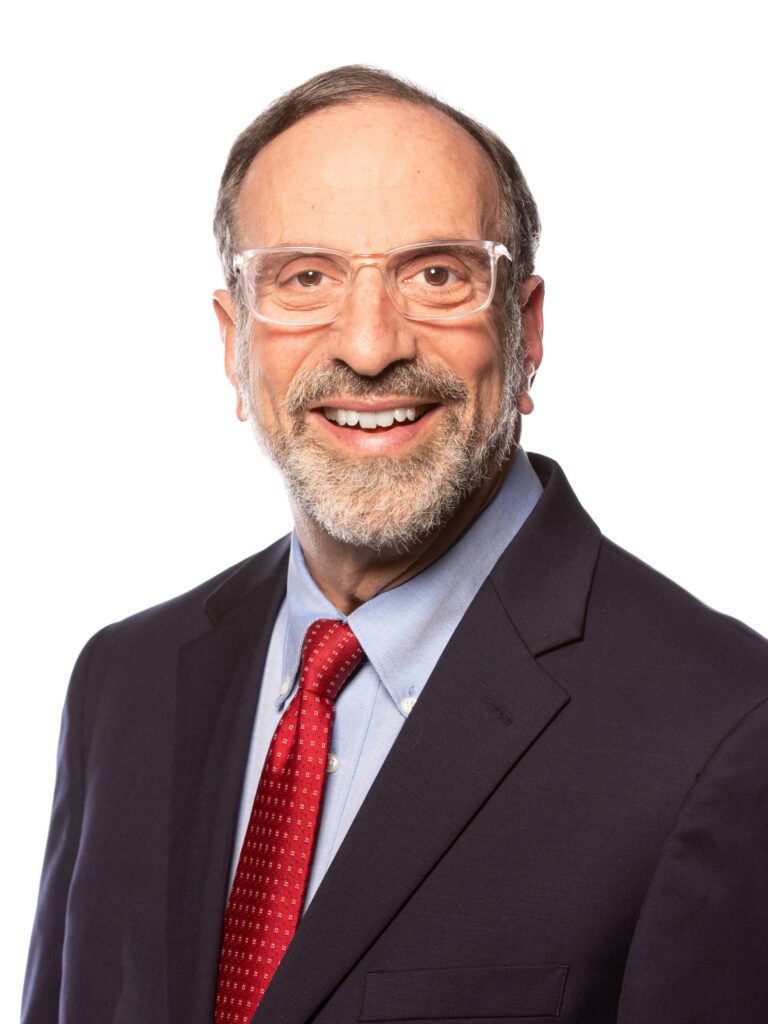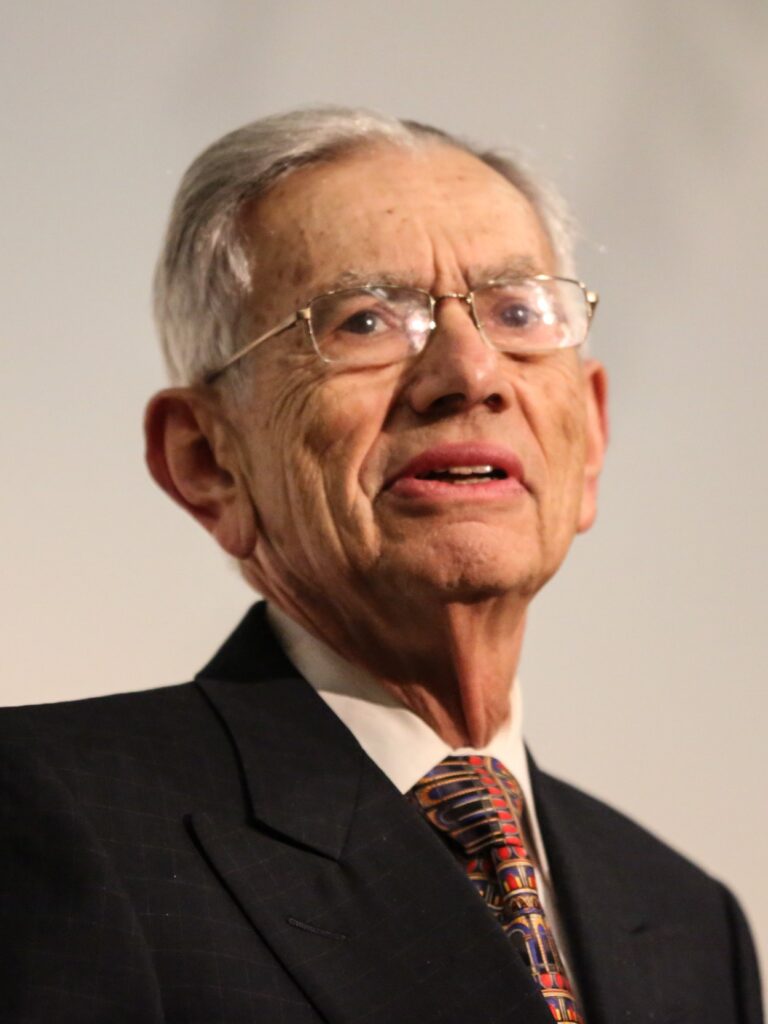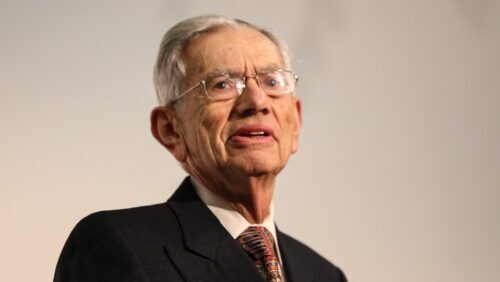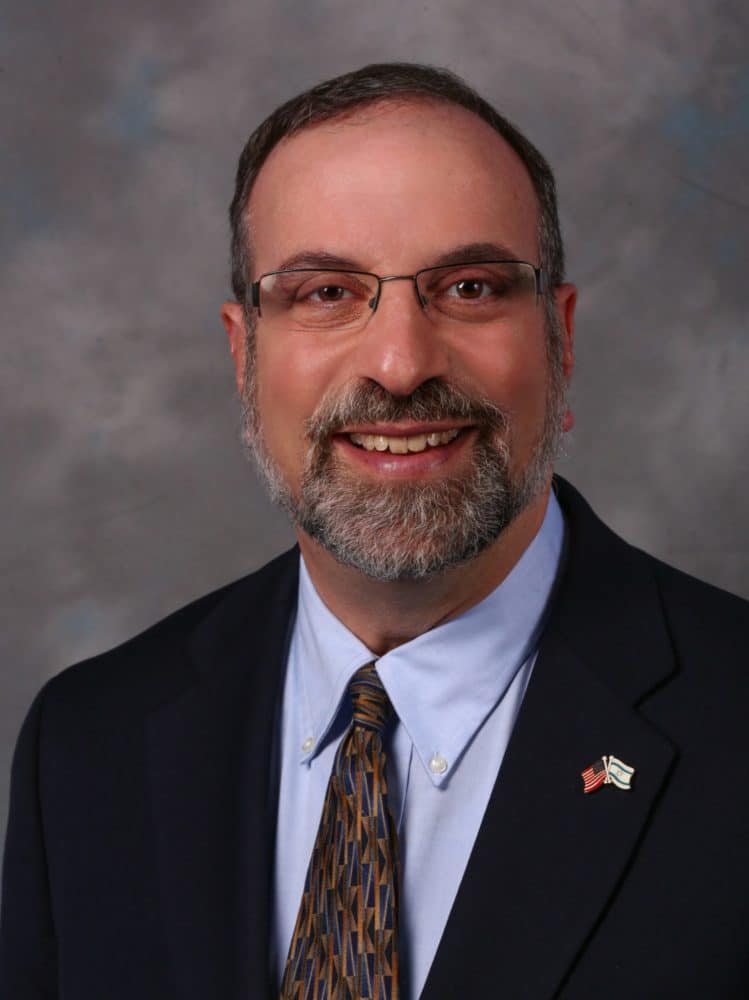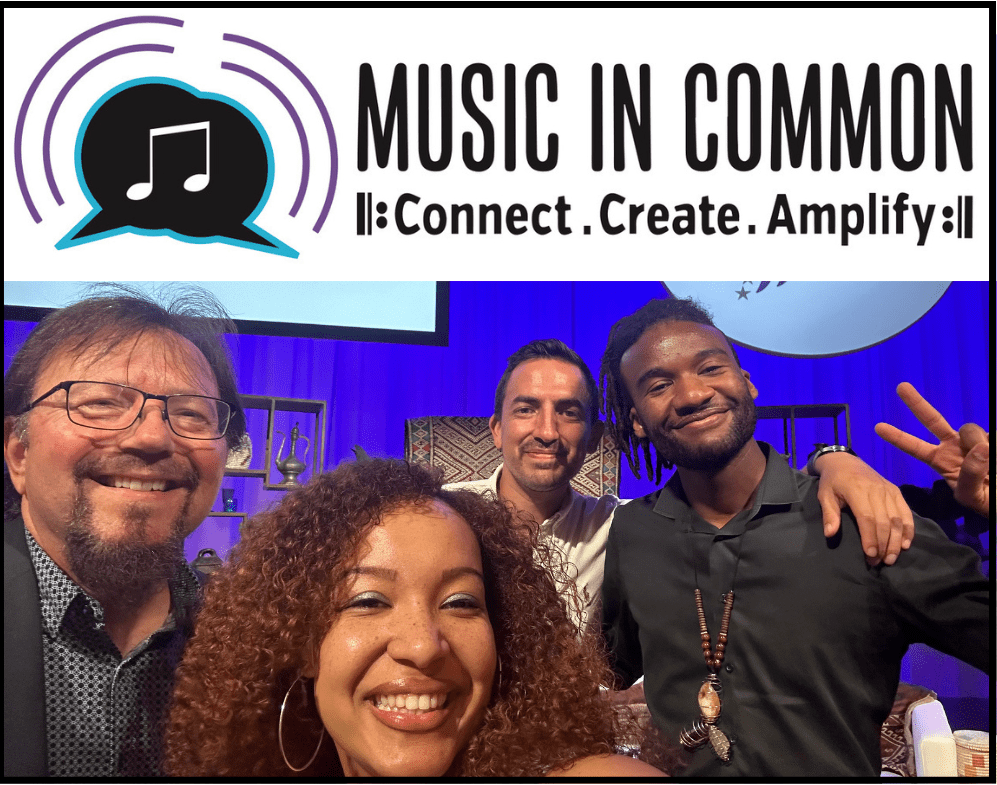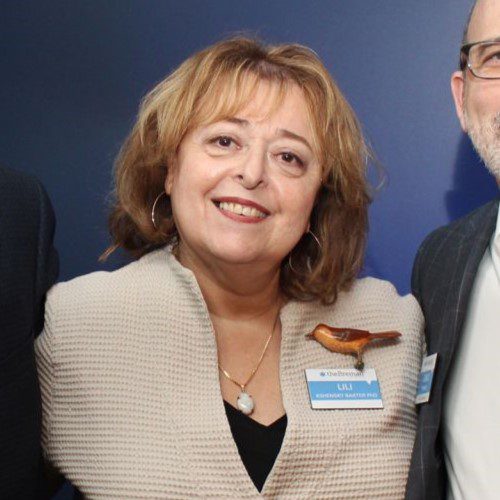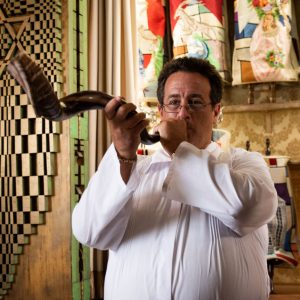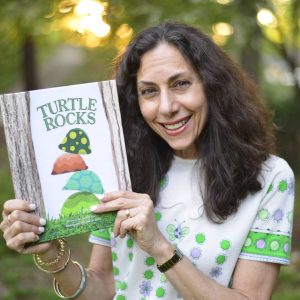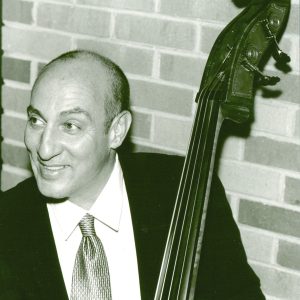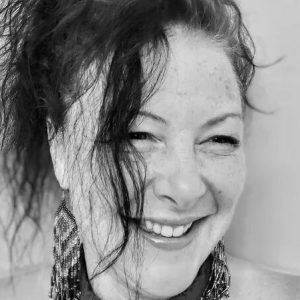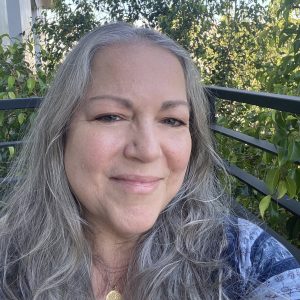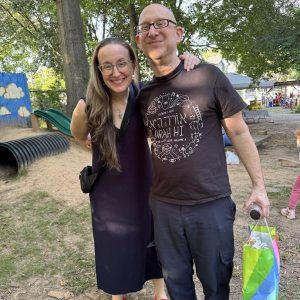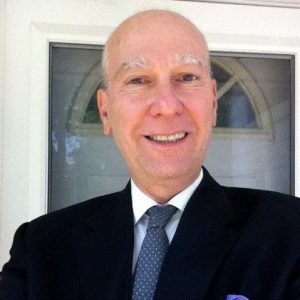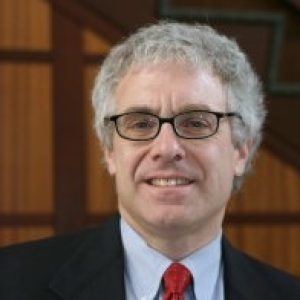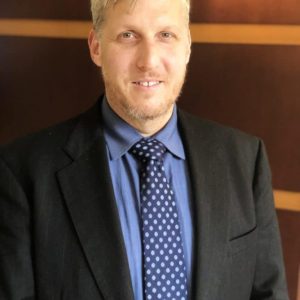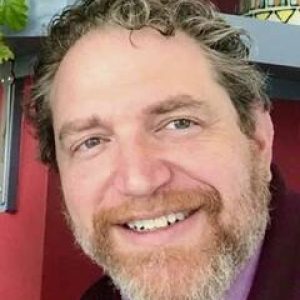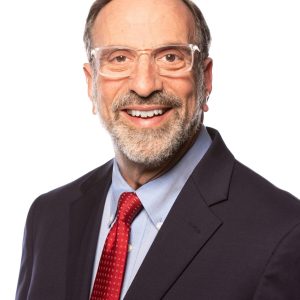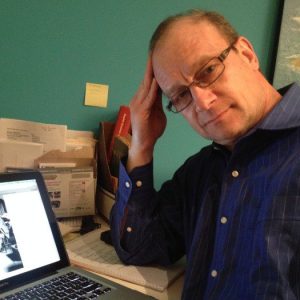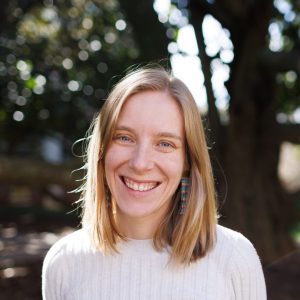Concerning the Hatred in Israel and America
By Rabbi Laurence Rosenthal
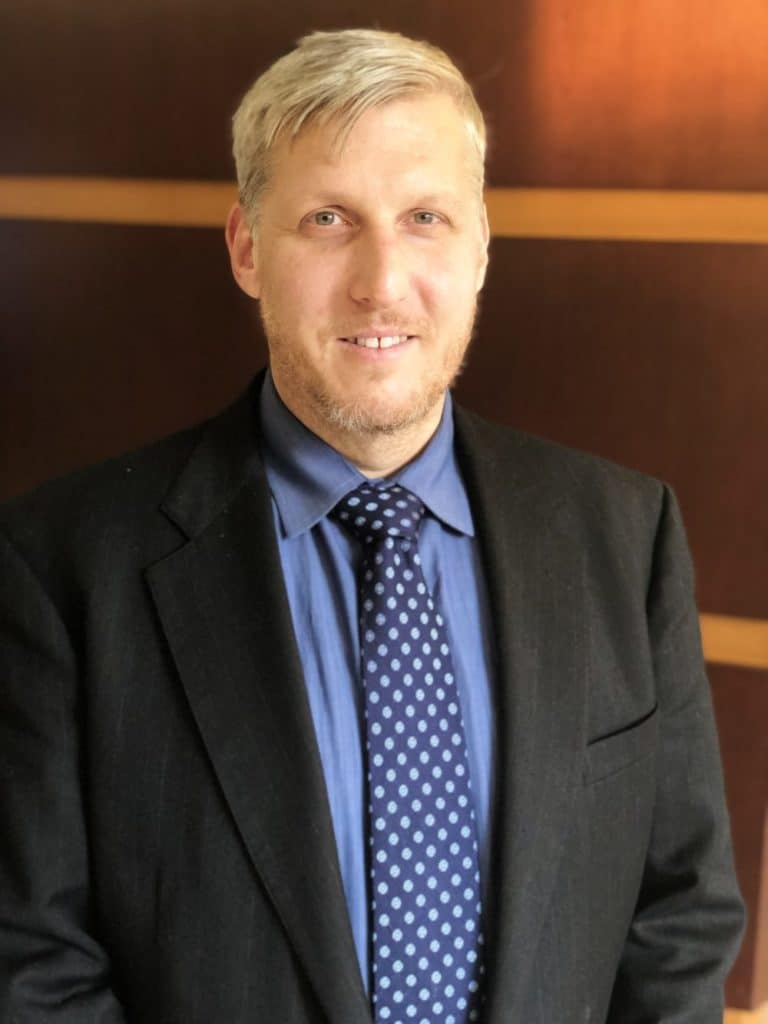
After emerging from the sanctity of Shabbat last week, we were struck with the horrible news of seven people slaughtered in Jerusalem coming out of worship services. Their lives were cut short, their dreams extinguished and their sacred place, desecrated. There are no words that can bring adequate healing to the families of these victims. May our prayers help lift the souls of Eli and Natali Mizrahi, Raphael Ben Eliyahu, Asher Natan, Shaul Hai, Ilya Sosansky, and Irina Korolova.
In the days and weeks to come, these individuals and the many others who have suffered at the hands of terror will be shuffled into the dialogue about the bitter conflict between the Palestinian government and the Israeli government. We continue to seek God's guidance and hope of divine intervention to bring peace to all people in the land. All loss of innocent life is a tragedy, and we must continue to insist that Israel's right to defend itself be carefully measured to ensure that death and injury to civilians among the Palestinian people be minimized. However, the brutal violence against Shabbat morning worshippers cannot and must not be mixed into the desensitized rhetoric we have become accustomed to regarding this conflict.
Unfortunately, we are seeing a similar sort of hatred gain traction in our own country. Not long after we received word of the horrific murders in Jerusalem, we learned about a masked assailant who threw a Molotov explosive at the doors of a synagogue in New Jersey. We are grateful that the explosive was ineffective and that no damage was reported. However, Jews all over our country are reporting incidents of antisemitism and fearing for their safety and security. Although I am a great believer in the power of prayer, my theology and spiritual practice see prayer's greatest gift as a motivator, sending its practitioners into action. Hand-wringing and shoulder-shrugging are not the order of the day. We must send our prayer upward towards God and then downward towards our feet so we can get up and get moving.
Here are a few things we can do to make a difference:
In Israel:
- Buy Israeli products: Seek out Israeli products at your local grocery, and buy one more than you need.
- Travel to Israel: Plan a trip, or join a community mission.
- Educate yourself about Israel, its history, and the conflict.
- Celebrate Israel's 75th birthday with the community at the Yom Ha'Atzmaut Celebration on April 27 at Brook Run Park.
In America:
- Join our antisemitism task force as part of ADL's (Anti-Defamation League) Kulanu Initiaitve. Email Rabbi Laurence Rosenthal to learn more (lrosenthal@aasynagogue.org).
- Be an ally: Other groups are also being marginalized and terrorized in our country. Show up when they are threatened, and they will show up for us.
- Live Jewishly. Loud and proud.
- Click on news articles in your local press about antisemitism. The news agencies are watching our reading habits. If more people are reading about antisemitism, they will send their reporters out to cover it.
- Know our history: Read books, watch films, and visit the Breman Museum and Kennesaw University's Museum of History and Holocaust Education. Attend Hemshech's 58th Annual Community Yom Hashoah Service of Remembrance on April 16 at Greenwood Cemetery.

